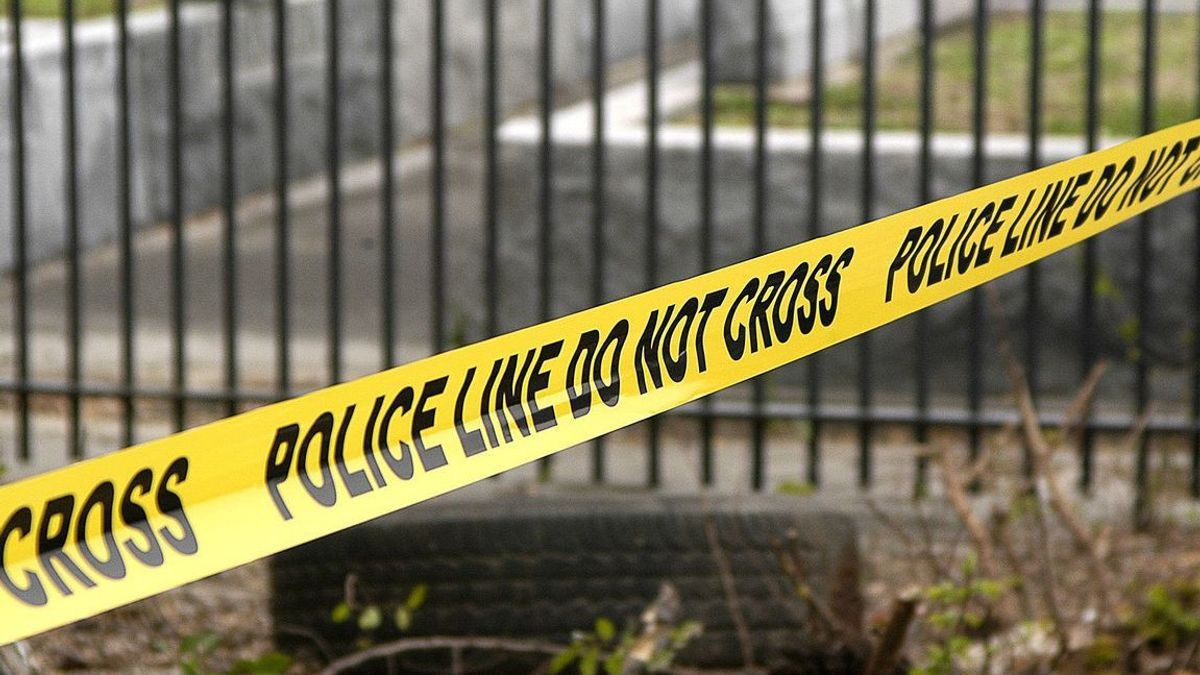YOGYAKARTA The difference in evidence and interesting evidence to note after the Attorney General's Office (AGO) on Monday, August 29, returned the case file for the murder of Brigadier J to investigators because there was a discrepancy in the evidence.
"It has been investigated and we are in the process of returning the case files to investigators," said Deputy Attorney General for General Crimes Fadil Zumhana, quoted by VOI.
Another reason the case file will be returned because in the trial process, it must be perfect. This means that there should be no shortcomings that could have an impact on prosecution.
"Because there is still something that investigators and the analysis of the case must clarify about the suitability of the evidence," he said.
Please note, proof in criminal law is very important. According to Article 6 paragraph (2) of Law (UU) No. 48/2009 concerning Judiciary Power, a person cannot be criminally convicted unless there is legal evidence according to the law.
Evidence is a tool related to a crime that can be used for proof, convincing the panel of judges at trial, and ensuring that there is a crime committed by the defendant.
Based on Article 184 of the Criminal Procedure Code, which is referred to as legal evidence, among others:
The purpose of criminal law is to seek and approach material truth.
In the criminal procedure law, there is a purpose to seek and approach the material truth.
As for the material truth (material waariheid), it is the truth that is truly true, true wisdom, and real truth that is sought in the process of proving and can convince the panel of judges in deciding a case.
Meanwhile, the Criminal Procedure Code does not clearly mention what is meant by evidence. However, Article 39 paragraph (1) of the Criminal Procedure Code states what can be confiscated as evidence, namely:
According to Ratna Nurul Afiah in her book entitled Evidence in the Criminal Process, what is meant by evidence is objects that can be confiscated as stated in Article 39.
The function of the evidence in the trial is:
In the case of arrests, investigators have confiscated packages, letters, or objects whose transportation is carried out by the postal and telecommunications offices, as long as the object is intended for the suspect or from him.
Another function of the evidence is to support evidence, so that the evidence becomes valid and can determine the validity of the evidence.
Regarding the stages of obtaining evidence, the Criminal Procedure Code states that the confiscation of evidence must be carried out responsibly so that the evidence remains safe.
Thus are the differences in evidence and evidence in criminal law. In the murder case of Brigadier J who ensnared the former Head of the Propram Division, Ferdy Sambo, the police carried out a reconstruction to test the suitability of witness evidence and statements.
The English, Chinese, Japanese, Arabic, and French versions are automatically generated by the AI. So there may still be inaccuracies in translating, please always see Indonesian as our main language. (system supported by DigitalSiber.id)













